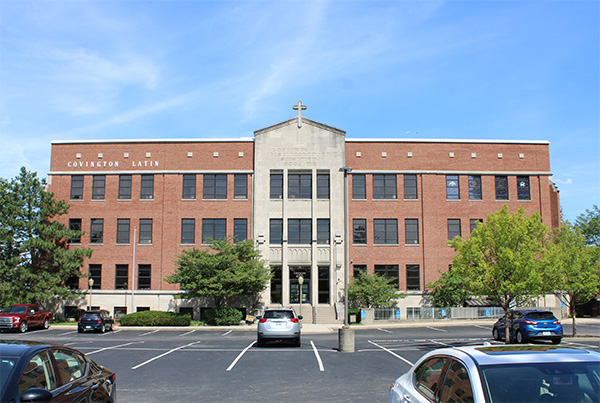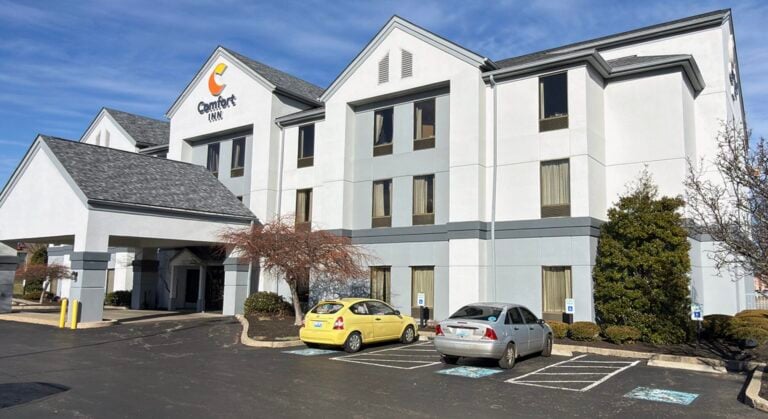Since Kentucky’s prescription drug abuse legislation took effect in 2012, the state has seen a decline in the number of prescriptions for the most commonly abused medications, doctor shopping has decreased by more than 50 percent and more Kentuckians are seeking treatment for prescription medication addiction.

These findings are part of a yearlong study conducted by researchers at the University of Kentucky Institute for Pharmaceutical Outcomes and Policy and compiled in a report to the Cabinet for Health and Family Services. State and health industry officials announced the report today.
photo_3926259585_5f265f6683_t
The study specifically researched and analyzed the impact of state law known as House Bill 1, which was passed in a special session by the 2012 General Assembly.
House Bill 1 included a number of strategies to prevent the abuse and diversion of prescription drugs; expanded Kentucky All Schedule Prescription Electronic Reporting (KASPER), Kentucky’s prescription monitoring system; and required that pain management facilities be owned by a licensed physician.
Specifically, the bill mandated that practitioners and pharmacists register with the KASPER system in an effort to reduce the number of patients receiving similar prescriptions from multiple doctors.
According to the study, since House Bill 1 was implemented:
· More individuals are seeking office-based addiction treatment.
· The number of patients “doctor shopping” declined by 52 percent.
· 24 non-physician-owned pain management facilities have ceased operation.
· The number of opioid prescriptions to doctor-shopping individuals dropped by 54 percent.
· 5 million KASPER reports were requested in 2014.
· Each weekday, providers request more than 20,000 KASPER reports.
· For the first time in six years, Kentucky overdose deaths declined in 2013.
House Bill 1 requires that when a complaint is received about inappropriate controlled substance prescribing, the Attorney General, Kentucky State Police, CHFS and the appropriate licensure board collaborate and share information for administrative and law enforcement purposes.
From House Bill 1’s passage in July 2012 to March 2015, the Kentucky Board of Medical Licensure took 196 controlled substance prescribing disciplinary actions against 142 physicians, ranging from emergency orders of suspension or restriction, to license suspensions or surrenders and revocations. The board also has the ability to restrict a physician’s ability to prescribe controlled substances through the use of an Agreed Order.
Gov. Beshear said that a recent report by the Kentucky Office of Drug Control Policy showing that Kentucky overdose deaths increased in 2014, after leveling off in 2013, indicates the persistent challenge of reining in substance use and abuse.
“One overdose death is one too many, and the information from this 2014 report is further proof of our ongoing challenges to help put those Kentuckians facing addiction back on their feet,” said Gov. Steve Beshear. “But the provisions in House Bill 1 are working. We further enhanced Kentucky’s fight against this scourge in the 2015 legislative session with the passage of Senate Bill 192, our historic anti-heroin legislation.”
The study’s executive summary and full report are available in the KASPER Studies and Surveys section of the KASPER public website.
For more information about the Institute for Pharmaceutical Outcomes and Policy in the UK College of Pharmacy, visit click here.
From Office of the Governor

















